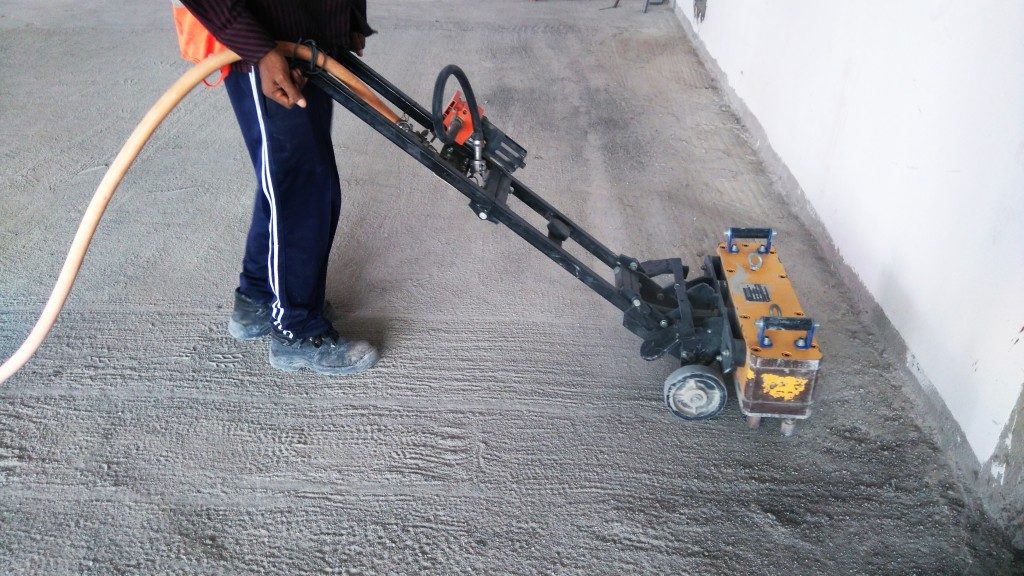Concrete is the most preferred building material in construction because of its versatility. It has tons of applications, but it can also be prone to issues caused by different factors. Good thing, there are ways to remedy those issues.
Concrete’s ability
The flexibility of concrete as a building material is preferred by builders because it can take whatever shape or form. It can be reinforced to be stronger than its usual application in walls, floors, and foundations. However, there are several factors that affect the strength and durability of concrete.
Construction standards require that every building should be straight and leveled. Wrong calculations and measurements can lead to a wonky floor or a wall, which can make things askew. But, there are also several factors that can lead to a non-leveled floor or wall.
One example is concrete poured in an uncompacted soil or weak foundation. This may result in the soil sinking and movement, making the concrete unstable, which may lead to cracks and being unleveled. Luckily, there are concrete repair services like those in Ogden and other cities that can mend these structural problems.
Problems in concrete
Concrete is a universal material and it is commonly used as flooring or subflooring. In which case, the concrete should be leveled to prevent a wonky or lop-sided installation of furniture, appliances, and storage implements. Having an uneven floor is also a sign of unprofessional builders for having miscalculated the level of the floor or for not checking the ability of the soil to hold the structure.
Uneven floors can be a result of several problems, as it can be due to sloping, sagging, or heaving (lifting) of a concrete slab. Repairing and replacing are options for problems in concrete, which may cost you time and money. However, these repairs or replacement are permanent solutions to remedy problems in concrete such as in floors.
Here are some of the causes to help you assess if you need professional help:
- Soil condition
Soil is a medium that retains or release moisture. The drying and the shrinking of the soil affect the concrete by creating a void or a vacuum. When the soil holds too much water or moisture, it can swell up. The structural strength of the concrete may be compromised if the soil is too dry or too wet. The concrete rests on the soil, and if it is not compacted or treated correctly, then it will greatly affect it.
- Weather condition

Weather contributes to the retention and release of heat and water. Heavy rains can cause the soil to absorb too much water, which can cause sloping, sinking, or lifted concrete. Freezing and thawing can also affect the soil and concrete. Soil and concrete that is too wet can swell up when winter comes. This can affect the stability of the concrete and may result in cracked and uneven floors.
- Weak foundation
A weak foundation can also cause cracking and floor that are not leveled. If the foundation work is not properly braced or framed, then it will likely cause structural problems. The foundation is set on the soil, and if the soil is not properly prepared for bedding or foundation work, then a small shift in it may result in cracks in concrete. It can be evident on the set of concrete floors or walls. Thin veiny cracks can be seen and can spread if not checked immediately.
Early detection of cracks in floors and walls can give you a clue of the condition of the structure. If the small cracks are suspicious and if it becomes bigger over time then you better seek the help of the professionals to save and protect the structure from crumbling.

